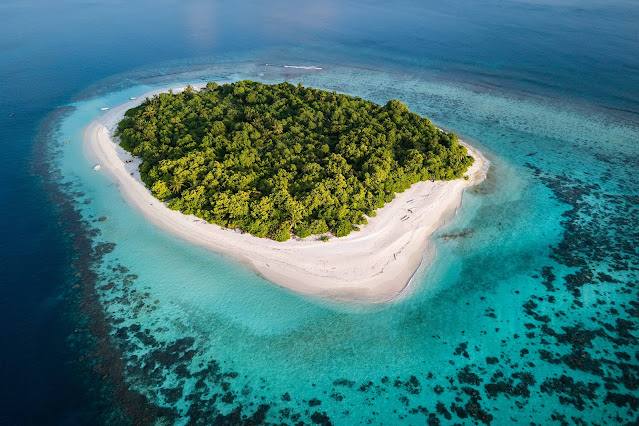Connecting the dots from Sea to Shore

Dr Anjani Ganase urges leaders and influential sectors in the society to consider the health of our ocean backyards. Connect the dots, she says, there is an urgent need to link land-based lifestyles with the life of the ocean, indeed the life of the planet. The Decade of Ocean Science for Sustainable Development (2021-2030) is upon us: will we use it to stem the degradation and revitalize the planet’s most precious resource? UNESCO has outlined a roadmap to improve the health of the ocean and to manage resources sustainably. Major challenges include understanding how marine pollutants impact ocean systems in order to mitigate impact, conserve marine biodiversity, and harvest the ocean sustainably to ensure food security. Further, could we build the capacity of ocean dependent states to address societal issues through ocean awareness? For the Caribbean, we need to build community resilience and disaster management with the use of early-warning systems against hurricanes, tsunamis and ev...
